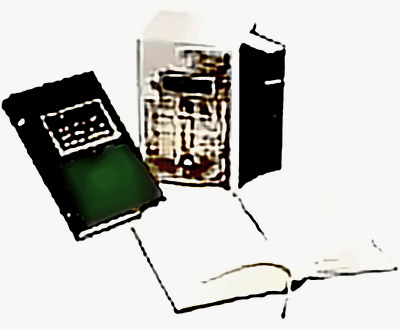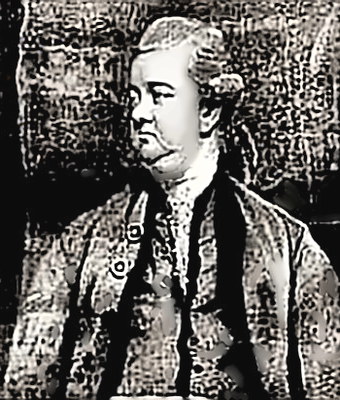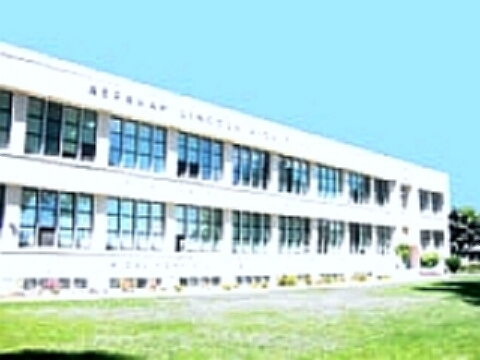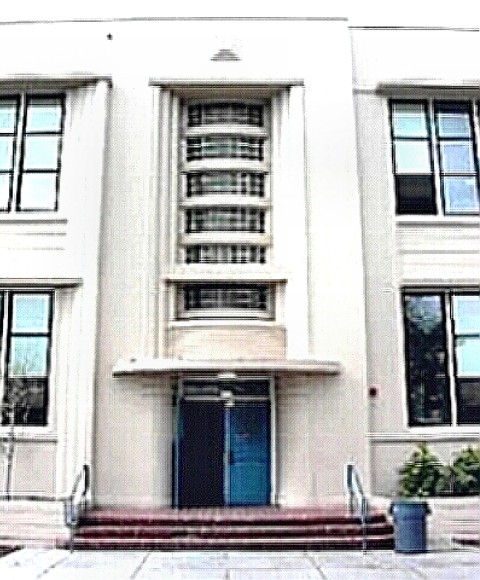

March 17, 2004
Progress in Education

When my father attended Boys High School in the '20s, it was one of a handful of public high schools in the Borough of Brooklyn. Like all his college-bound contemporaries he took two years of Classical Greek and two years of Latin. He read part of Thucydides' history of The Peloponnesian War in the original Greek, and some of the works of Herodotus. He struggled through parts of Homer's Iliad in the original Latin. I think he also read all three books of Gibbon's masterful history of the Roman Empire, (in English).



By the time I entered Abraham Lincoln High School (a public school) in San Jose, California, in the '50s, Greek was no longer offered. As a serious student bound for college, I did study two years of Latin and a year of Spanish. I read part of Caesar's War Diaries in the Latin, and I knew where Gaul was and that it once had been divided into three parts. I could conjugate the Latin verb "to be" in all three persons (both singular and plural), and in all its tenses. I knew that Gibbon's history was a three volume set, but had read very little of it.


My youngest daughter is a high school student in California. Most of her K-12 education has been in private schools because the California Public School System is broken, probably beyond economical repair. My daughter, who is bright and ambitious, is also headed for college. She took Spanish because Latin is no longer offered. She has never heard of Gaul or Gibbon, and I doubt that she could find either Greece or Rome on an unlabeled map of the Mediterranean. She thinks of Caesar only as a kind of salad, and does not know pluperfect from plum pudding. It is not her fault.

My youngest grandchild is three years old. I can only hope that by the time he gets to high school they are still teaching the kids English (and not as a second language). Progress in education is a wonderful thing; isn't it?

 to Journal Main Page
to Journal Main Page
